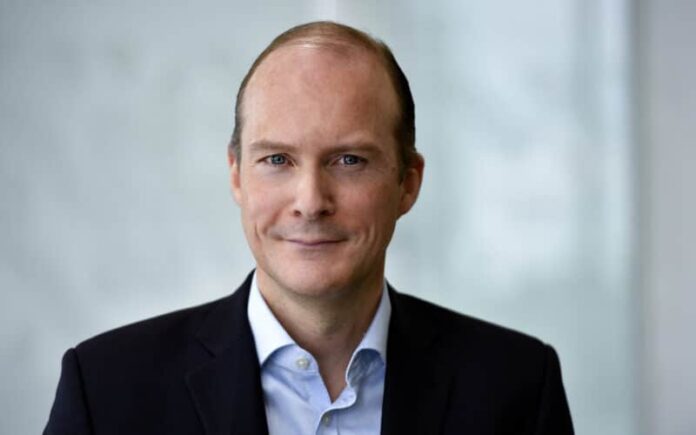DEBT: Global debt trends matter and the current levels are eye-poppingly high. However there are big differences across the segments of governments, companies, or households with very disparate sensitivity to interest rate changes given duration and floating vs fixed rate differences. There is also a big dividing line for those who borrow from banks or the bond market. This helps explain Europe’s sharp growth slowdown this year vs the US’s outperformance, and China’s efforts to rein in its property sector vs the emerging market’s surprise macro resilience. It is also a question mark for Japan as it starts to raise interest rates for the first time in 15 years against a backdrop of world-leading sovereign debt levels.
GLOBAL: The sum of global household, corporate, and government debt is nearly $250 trillion, equivalent to 250% of world GDP. The long-term trend has been of inexorably rising debt, driven by chronically large developed market government deficits and China property needs. Public debt as a proportion of global GDP has tripled in recent decades, whilst China accounts for 30% of all global company debt. But in the nearer term, debt levels have stabilized and fallen sharply as a share of GDP, as rising inflation boosted nominal GDP and diluted this fixed cost debt burden.
COUNTRY: The composition of the debt matters and varies a lot by country. Japan debt levels seem off-the-charts, but are focused on the government, and supported by an under-leveraged consumer. By contrast, China’s government and households are under-leveraged but its corporations are the world’s most indebted. The US and UK consumers are among the world’s most indebted, and unsurprisingly they dominate the economy, whilst Europe’s governments and companies are more indebted than US peers. Finally, much of the emerging market’s recent relative resilience can be explained by their low debt levels, focused on local currency not USD.
Ben Laidler, eToro’s Global Market Strategist


















